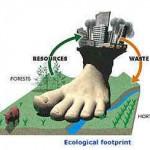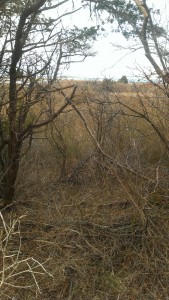Week 7 was the beginning of a new course, Marine and Coastal Ecological Research, led by Professor Elizabeth Boyle. This class not only consists of a lot of reading material for class discussions, but it is also combined with field research followed by actual laboratory work from samples of water and sediment samples taken on those field trips. This was a particularly exciting week for me because my Independent Study is Salt Marsh Zonation of three separate marshes here on Nantucket. The field trips this week were to Medouie Creek and Folgers Marsh were we learned how to do zonation as a class. We were grouped into 6 groups and I had the pleasure of working with Richie Corado and Timchi Khamdy. We all put on our waders and in a brisk and windy first day we headed to Medouie Creek to do some zonation! The following field trip was to Folgers Marsh where we also did zonation and soil and water sampling that we did some testing of in the laboratory at UMASS Boston Field Station located on Folgers Marsh. Here are some pics of the Folgers Marsh field trip.
On a side note, time is flying by and I can’t believe we are more then halfway through the semester! One more week to Spring Break!












